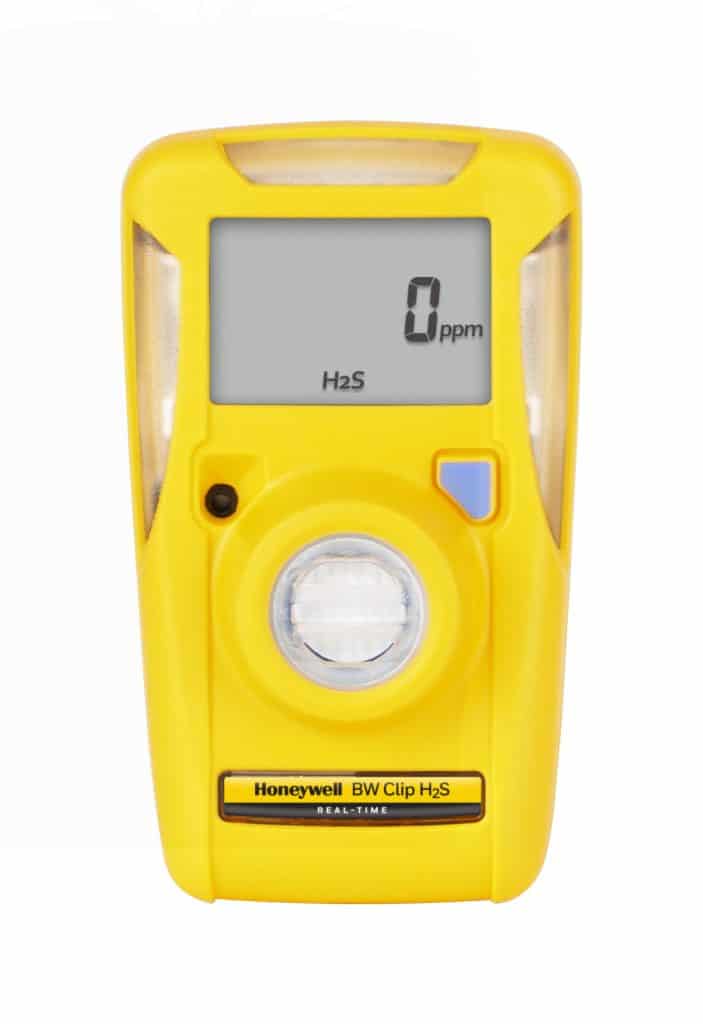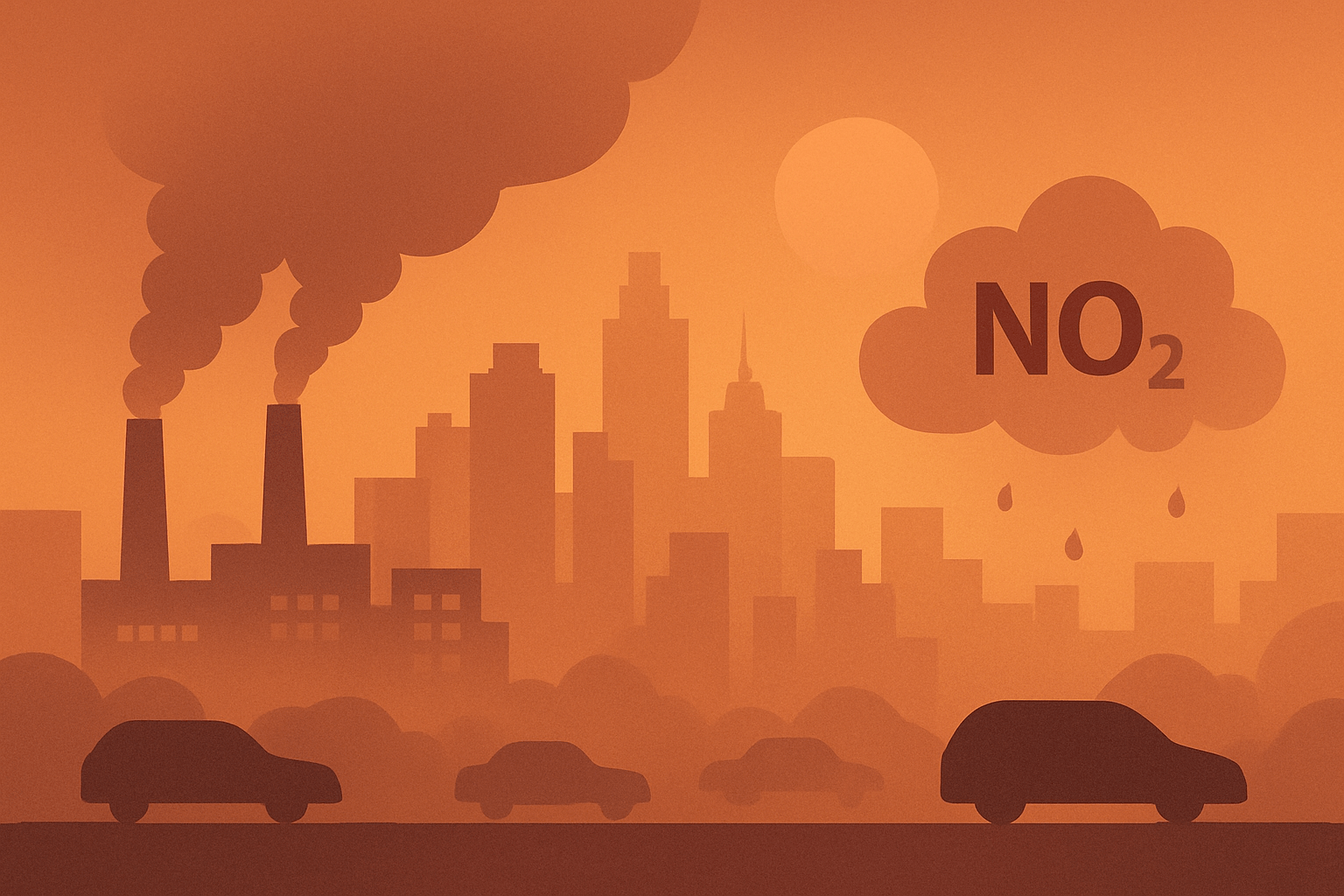Slurry presents two particular health and safety problems – drowning and gas poisoning. Drowning is by far the most common cause of death involving slurry. Children and the elderly are at particular risk. In the period 2000-2010, 30% of child fatal accidents on farms were caused by drowning in slurry or water. In the same period, 8% of deaths to elderly farmers were caused by drowning.
Smell is no indicator of the absence of gas, as many gases are odourless. Hydrogen sulphide has a ‘rotten egg‘ smell at low levels, but cannot be smelt at higher levels, this is why having a slurry gas detector is so important. High levels can be released when slurry is agitated. One breath or lung-full at this level causes instant death.
Slurry produces methane a natural gas (CH4). This is another Gas that is colourless and odourless. The majority of this gas is released by live stock through their breath but 10% of it enters slurry storage.
When Slurry comes into contact with air it’s likely to release ammonia. High concentrations of ammonia, the likes you can find in slurry holdings can burn your eyes throat, skin and nose. In severe cases exposure to high levels of Ammonia can cause blindness, lung damage and/or death.
For more information go to the HSA website
*Information based on information on the HSA Website

From the Blog



If you have any questions about our products or services, please feel free to contact us.

Join our mailing list to receive the latest news and updates from our team.